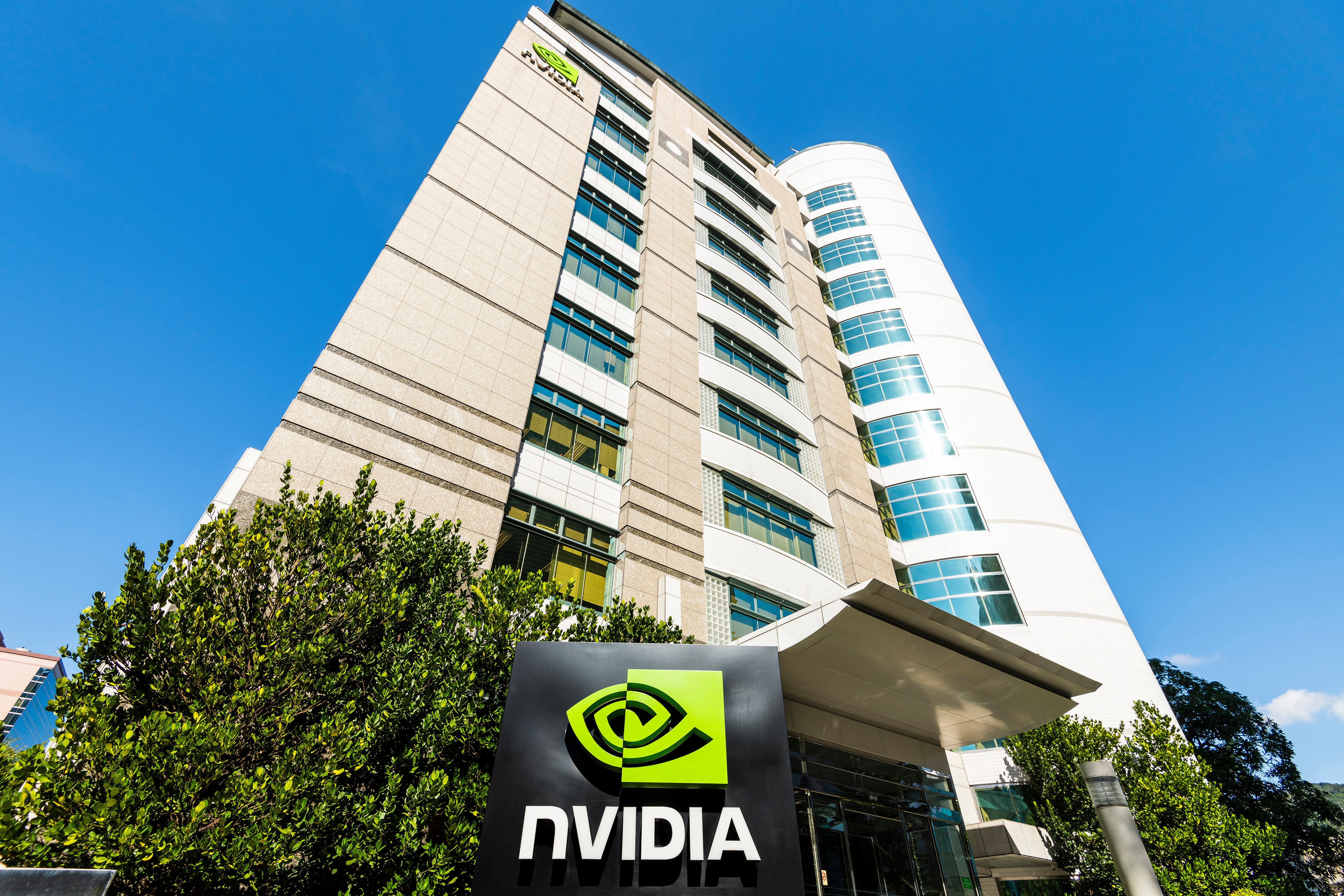What does the future of computing and AI look like? And what does it mean for the tech industry and our everyday life?
At Nvidia's GPU Technology Conference (GTC) 2024, CEO Jensen Huang offered valuable insights into the direction of these transformative fields. Drawing from his keynote speech and expanding upon it, let's explore some predictions for the future of computing and AI.
Unveiling the Blackwell platform
Huang's keynote revealed the Blackwell platform, touted as the "world's most powerful chip" and a harbinger of a new era in computing. While the Blackwell GPU's inference capabilities surpass those of its predecessor, Hopper, by a surprising margin, the implications can be far beyond raw performance.
We predict that the Blackwell architecture will catalyze innovations in fields such as natural language processing, computer vision, and autonomous systems. With its enhanced efficiency and scalability, Blackwell is poised to accelerate the development and deployment of AI-powered applications across industries.
AI's integration into everyday life
AI in our daily lives was a recurring theme in Huang's keynote, with partnerships with tech giants like Amazon, Microsoft, and Google highlighting its broad impact.
Looking ahead, we anticipate AI's integration to deepen further. From personalized healthcare and predictive maintenance to immersive entertainment experiences, AI will revolutionize how we interact with technology as well as each other.
Check out our blog on Generative AI and success stories from our portfolio!
Moreover, as AI becomes more accessible and democratized, individuals and businesses will harness its transformative potential to drive innovation and create value in ways we haven't seen before.
Robotics and autonomous systems
Nvidia's announcement of "Project GR00T" marks a significant step towards realizing the next wave of AI and robotics. As humanoid robots powered by GR00T gain traction, we foresee a future where autonomous systems play an increasingly vital role in various domains.
From manufacturing and logistics to healthcare and education, robots equipped with AI capabilities will augment human capabilities, streamline operations, and unlock new opportunities for productivity and efficiency.
Moreover, advancements in AI-powered robotics will blur the lines between the physical and digital worlds, ushering in an era of human-robot collaboration and coexistence.
Sovereign AI and data security
Expanding partnerships, such as the collaboration between Nvidia and Oracle, underscore the importance of sovereign AI in a rapidly digitizing world.
As nations and organizations seek to protect their most valuable data assets, we predict a growing emphasis on data sovereignty and security. Sovereign AI initiatives will empower governments and enterprises to harness AI capabilities while maintaining control over their infrastructure, data, and business networks.
By leveraging accelerated computing and generative AI software, organizations can build AI factories that drive innovation, economic growth, and national competitiveness while safeguarding against external threats and vulnerabilities.
The evolution of wireless technology
Nvidia's announcement of a 6G research platform signals the next phase of wireless technology, one that enables hyper-intelligent connectivity and immersive experiences.
As 6G technologies mature, we're going to see a major shift in interacting with wireless devices and networks. From autonomous vehicles and smart spaces to extended reality and collaborative robots, 6G will unlock new dimensions of connectivity, enabling seamless communication and data exchange at unprecedented speeds and scale.
Moreover, by integrating AI into radio access network (RAN) technology, organizations can leverage advanced analytics and predictive modeling to optimize network performance, enhance user experiences, and drive innovation in the wireless ecosystem.
In conclusion, Jensen Huang's keynote at GTC 2024 provided a glimpse into the future of computing and AI, marked by unprecedented advancements in performance, efficiency, and scalability.
At GFR Fund, we're excited to embrace the opportunities and challenges ahead of this transformative journey. We're ready to provide full support to our startup ecosystem as it leverages the power of AI to build a smarter, more connected, and more resilient world.
If you're an investor or LP looking for partnership opportunities, reach out to us at hello@gfrfund.com. For startups, please pitch to us by filling out this form. We'd love to hear from you!





